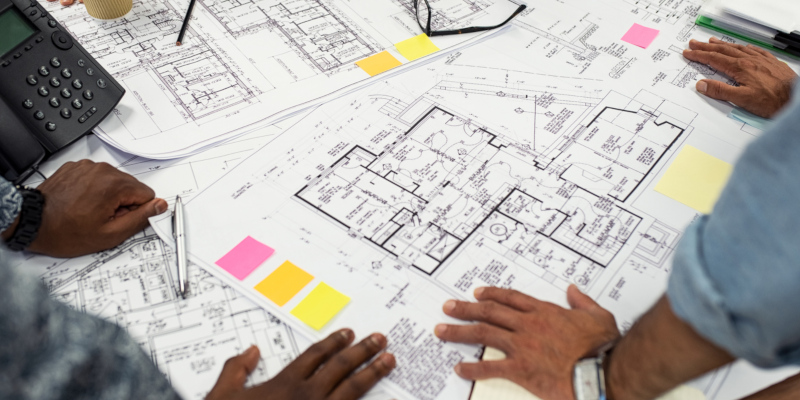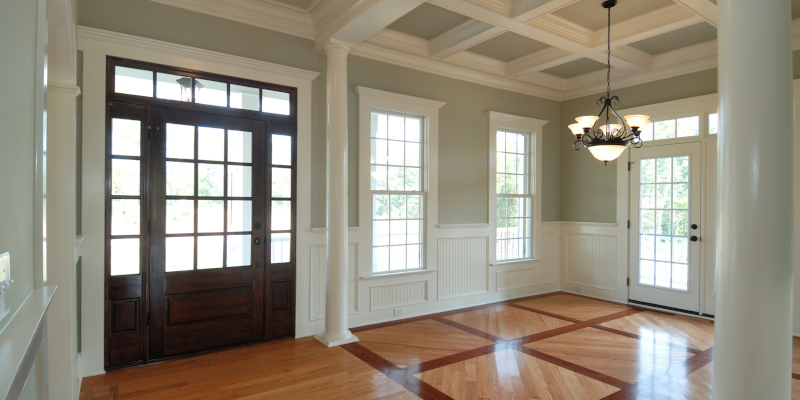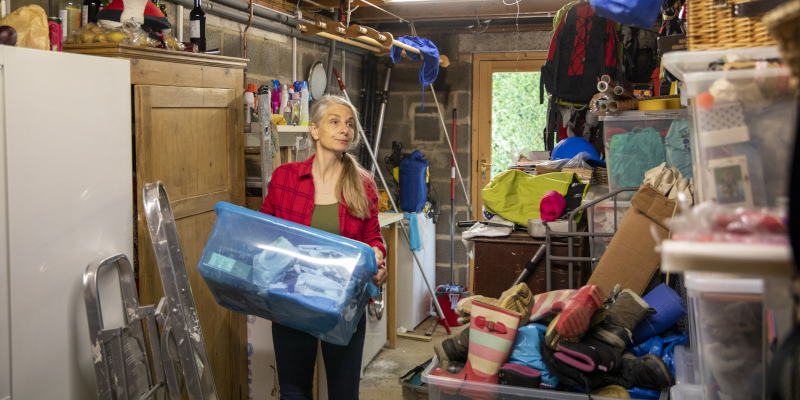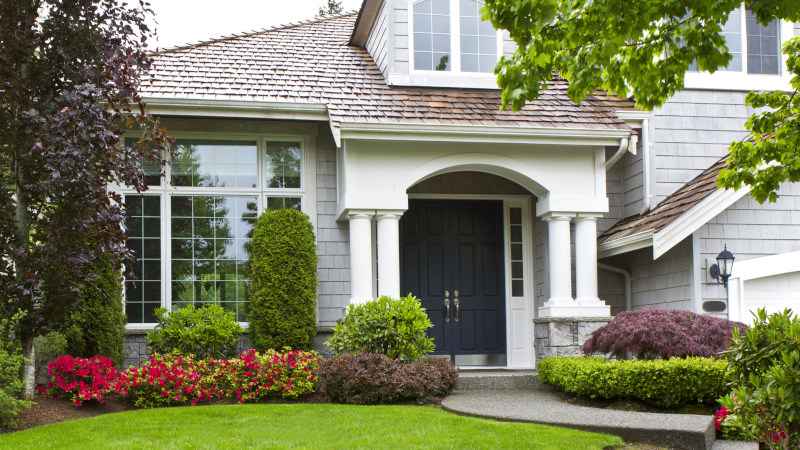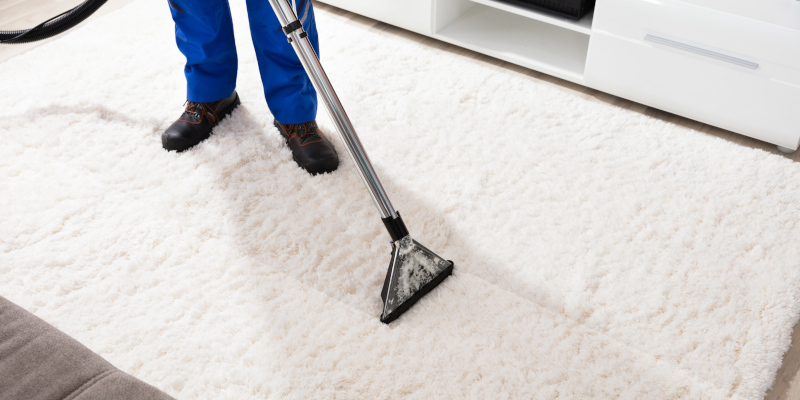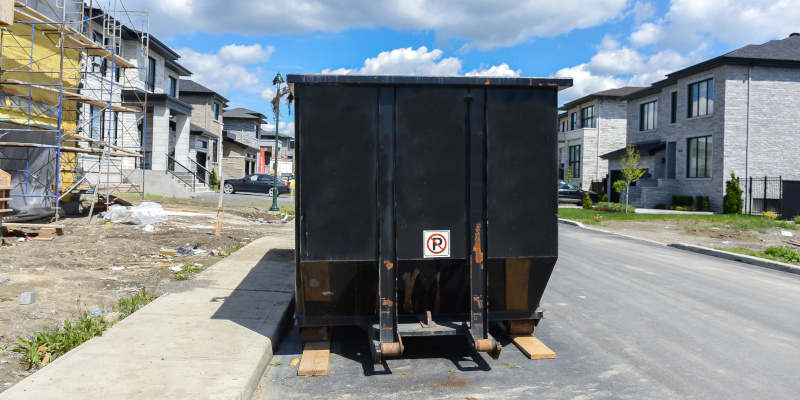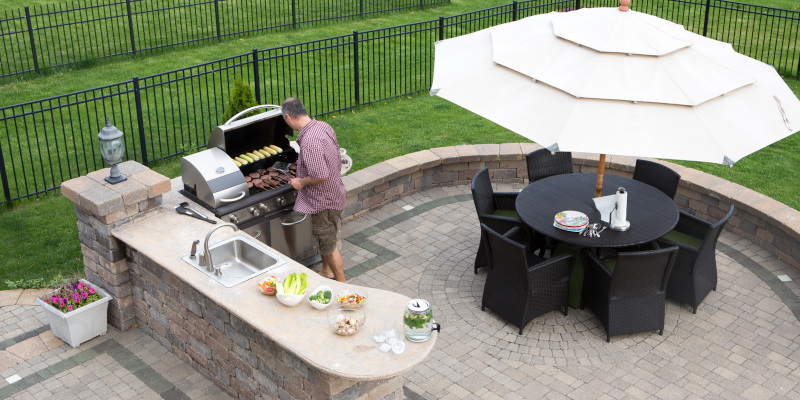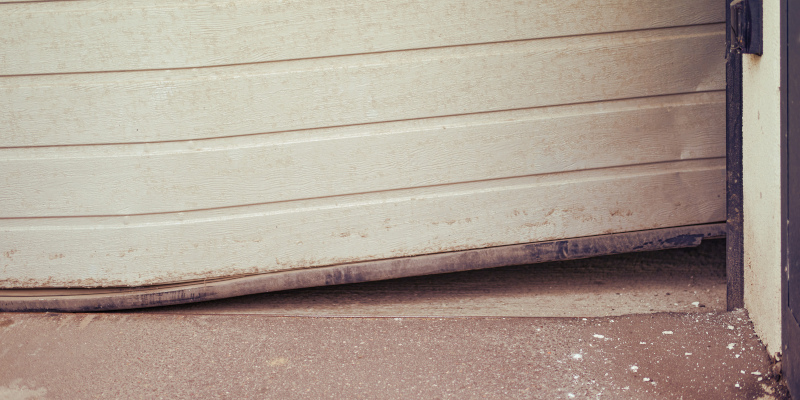Creating a unique custom home for your family can be an exciting adventure. That is particularly true when you hire an architect to create the plans for you. The first stage of your home design project begins with a pre-design meeting with the architect. Here are a few of the questions that you should consider with your family beforehand so that the consultation visit is the most productive.
- What style of home interests you? There are many different styles out there to consider. Take the time to investigate and research by looking at websites that display various house styles. Also consider special factors, such if you want an automated house, green house, or passive house.
- Does everyone in your family share the same opinions? It might surprise you how well an architect can marry varying opinions to create a home design that appeals to everyone. Just share your various opinions and let them take it from there.
- Do you have certain traits you know you don’t want? If you have lived in various places along the way, you can likely draw on them to make a list of things you definitely do not want your architect to include in your new home design. When you can’t quite come up with what you want, it can be helpful to at least know what you do not want.
- Do you have a clear idea of what your future needs are? If you know you plan to grow your family, have a parent move in with you at some point, or have a home-based business, these are the types of things you should share with your architect.
- Do you know what your perfect house would be? It is fine to share what your vision is so that the architect can incorporate as much as possible into your home design. While there may be certain constraints due to code regulations and building practices, the clearer picture you can give them, the better.
Communication is key when working with an architect. You can’t give them too much information, only too little. You stand a better chance of being thrilled with the first draft if you’ve shared all your thoughts and expectations. That gets you to the next phase of building the home all that much quicker.

